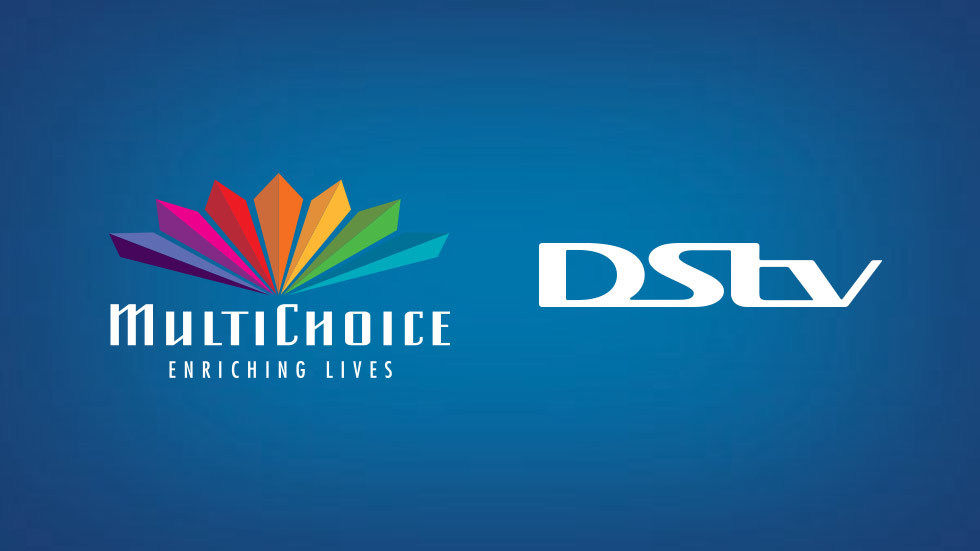NIGERIANS may have inadequate power supply for a long time as Sam Amadi, the out-going Chairman, Nigerian Electricity Regulatory Commission, NERC, said that 6,000 megawatts of regular supply of electricity is needed before power outages can be significantly reduced in the country.
Amadi, who was speaking during a public hearing on the activities of NERC and Distribution Companies, Discos, as they relate to infrastructure and billing by the House of Representatives Committee on Power, also said that 55 percent of consumers remain un-metered. He attributed this to legacy issues which have resulted in consumers being charged through estimated billing.
Amadi lamented that the cloning of meters and bypassing of meters remain a major challenge particularly in some parts of the country and this results in loss of revenue for Discos. Responding to reports that the regulatory body is soft on Discos for infractions and inefficiencies particularly in metering, Amadi agreed, but however noted that the agency is not quick to wield the big stick in order to build investors confidence in the sector. He also attributed it to the fact that the Discos are still experiencing several challenges.
“It is in the interest of consumers that we help Discos and generating companies to survive, but from the beginning of this year, we have been penalising. Recently, we asked Abuja Disco to pay N18 million to the family of a child who was electrocuted, and they did that,” he said.
Amadi added that Abuja Disco was also mandated to compensate 32,000 consumers with about N50 million due to over-billing. He explained further that the Discos are experiencing several challenges. “You talk about tariff, but what about gas? The telecommunications industry has the advantage of technological innovations. Electricity is a conservative technology, we cannot do without gas, even if we build solar everywhere,” he said, adding that the discos have to deal with weak infrastructure.
Also speaking at the public hearing, Mark Karst, managing director, Transmission Company of Nigeria, TCN, said the company is targeting 20,000 megawatts of electricity by the year 2020 and would need $1 billion annually to achieve the target. He noted that the money required is a huge sum.
Karst put the current power generation at 4,800 megawatts, with potential for 5,400 and 6,000 in a very short time if certain adjustments are made. He disclosed that the tariff application of TCN with NERC has been pending since the middle of 2014. “Transitional electricity market declared in February 2015 has not been effective,” he said, adding that the power sector remains a difficult field to navigate for all players involved.
Igariwey Enwo, member of the committee, however, challenged that NERC has being soft on Discos which resulted in them not being keen on metering, and campaigning for the switch to smart meters. “No individual in my state, Ebonyi, has a single pre-paid meter. Many people there have never even seen what it looks like…you have to make it mandatory for them to go ahead with the metering,” he said,
The lawmakers raised several challenges which consumers continue to experience, such as mass disconnection, paying for transformers, cables and even labour to get electricity and exploitation through estimated billing.
Daniel Asuquo, chairman, House Committee on Power, said the committee takes the issue of local content seriously, and Nigerians must be given right of first refusal. He also lamented that the TCN wholly owned by the government, is being owed by the discos despite the N213 billion loans granted to them by the Central Bank of Nigeria.
Vanguard


 Forex4 weeks ago
Forex4 weeks ago
 Naira4 weeks ago
Naira4 weeks ago
 Billionaire Watch3 weeks ago
Billionaire Watch3 weeks ago



 Naira4 weeks ago
Naira4 weeks ago






 Naira3 weeks ago
Naira3 weeks ago


 Naira2 weeks ago
Naira2 weeks ago






 Naira2 weeks ago
Naira2 weeks ago
 Economy4 weeks ago
Economy4 weeks ago























